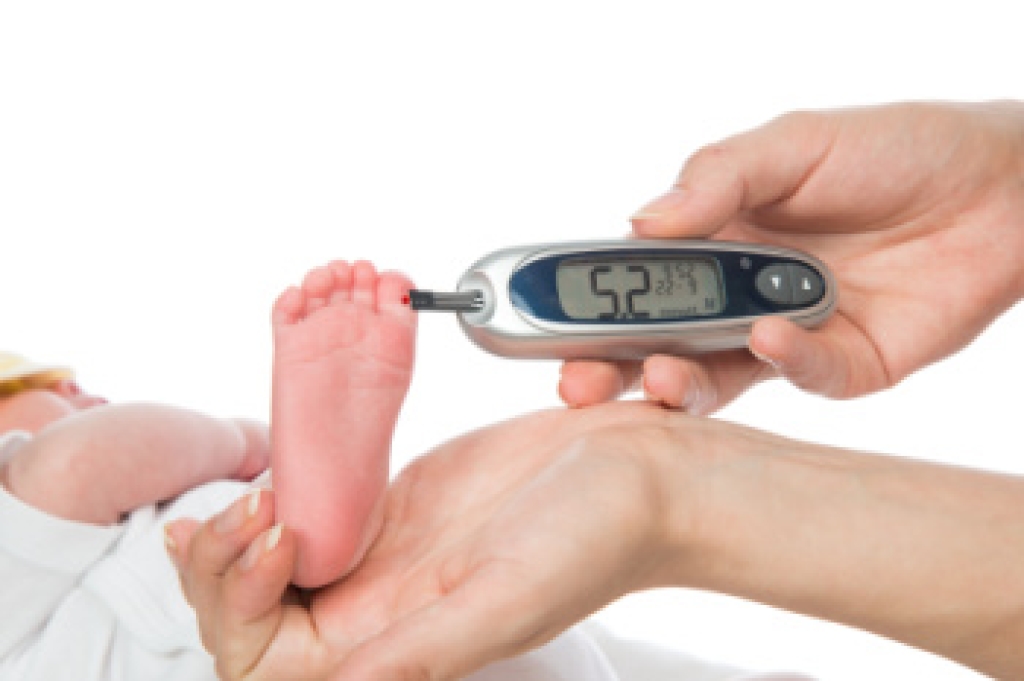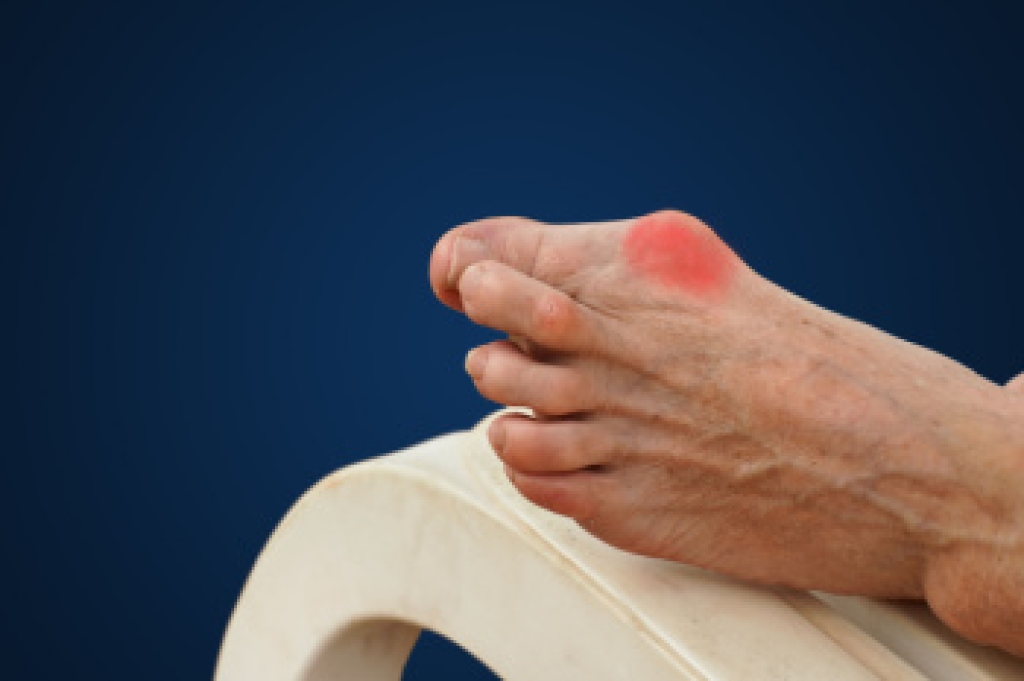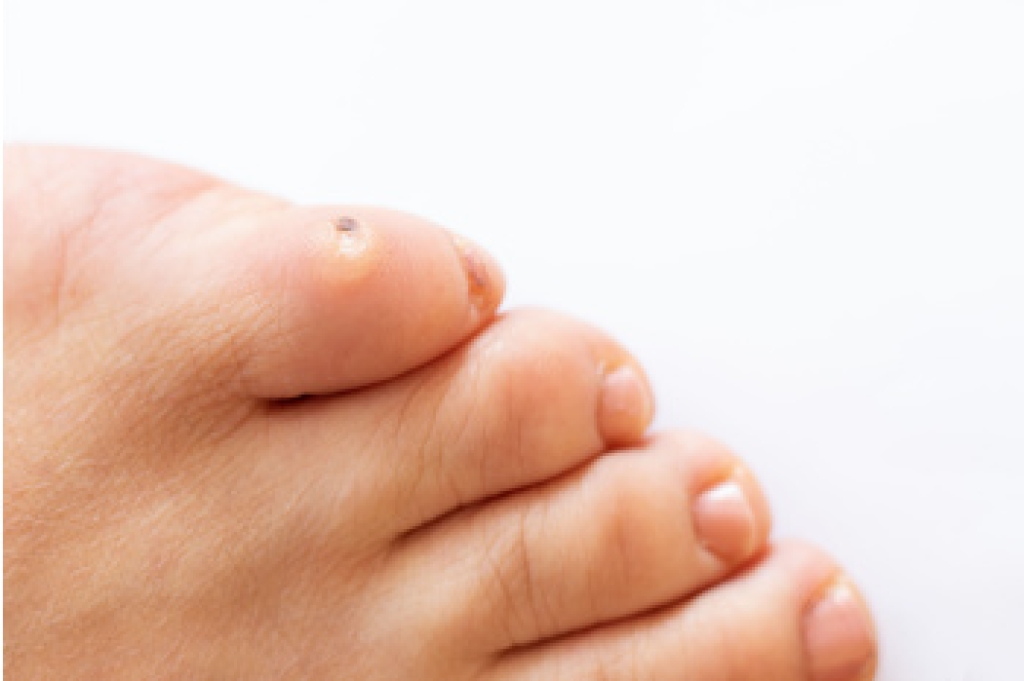 Diabetic foot is a term used to describe various complications that arise in the feet of individuals with diabetes. Due to prolonged high blood sugar levels, diabetic patients often experience nerve damage, neuropathy, and poor circulation. This can lead to a loss of sensation in the feet, making injuries and infections more likely and harder to detect and heal. Common issues include ulcers, infections, and, in severe cases, gangrene, which can necessitate amputation. To manage and prevent diabetic foot complications, daily foot care is crucial. Inspect your feet daily for cuts, blisters, redness, or swelling. Keep feet clean and moisturized, but avoid applying lotion between the toes to prevent fungal infections. Wear well-fitting shoes and avoid walking barefoot. If you have diabetes, it is strongly suggested that you make regular appointments with a podiatrist to monitor your foot health.
Diabetic foot is a term used to describe various complications that arise in the feet of individuals with diabetes. Due to prolonged high blood sugar levels, diabetic patients often experience nerve damage, neuropathy, and poor circulation. This can lead to a loss of sensation in the feet, making injuries and infections more likely and harder to detect and heal. Common issues include ulcers, infections, and, in severe cases, gangrene, which can necessitate amputation. To manage and prevent diabetic foot complications, daily foot care is crucial. Inspect your feet daily for cuts, blisters, redness, or swelling. Keep feet clean and moisturized, but avoid applying lotion between the toes to prevent fungal infections. Wear well-fitting shoes and avoid walking barefoot. If you have diabetes, it is strongly suggested that you make regular appointments with a podiatrist to monitor your foot health.
Diabetic foot care is important in preventing foot ailments such as ulcers. If you are suffering from diabetes or have any other concerns about your feet, contact Wendy L. Grossman, DPM from New Jersey. Our doctor can provide the care you need to keep you pain-free and on your feet.
Diabetic Foot Care
Diabetes affects millions of people every year. The condition can damage blood vessels in many parts of the body, especially the feet. Because of this, taking care of your feet is essential if you have diabetes, and having a podiatrist help monitor your foot health is highly recommended.
The Importance of Caring for Your Feet
- Routinely inspect your feet for bruises or sores.
- Wear socks that fit your feet comfortably.
- Wear comfortable shoes that provide adequate support.
Patients with diabetes should have their doctor monitor their blood levels, as blood sugar levels play such a huge role in diabetic care. Monitoring these levels on a regular basis is highly advised.
It is always best to inform your healthcare professional of any concerns you may have regarding your feet, especially for diabetic patients. Early treatment and routine foot examinations are keys to maintaining proper health, especially because severe complications can arise if proper treatment is not applied.
If you have any questions, please feel free to contact our office located in Bloomfield, NJ . We offer the newest diagnostic and treatment technologies for all your foot care needs.



 Peripheral neuropathy
Peripheral neuropathy